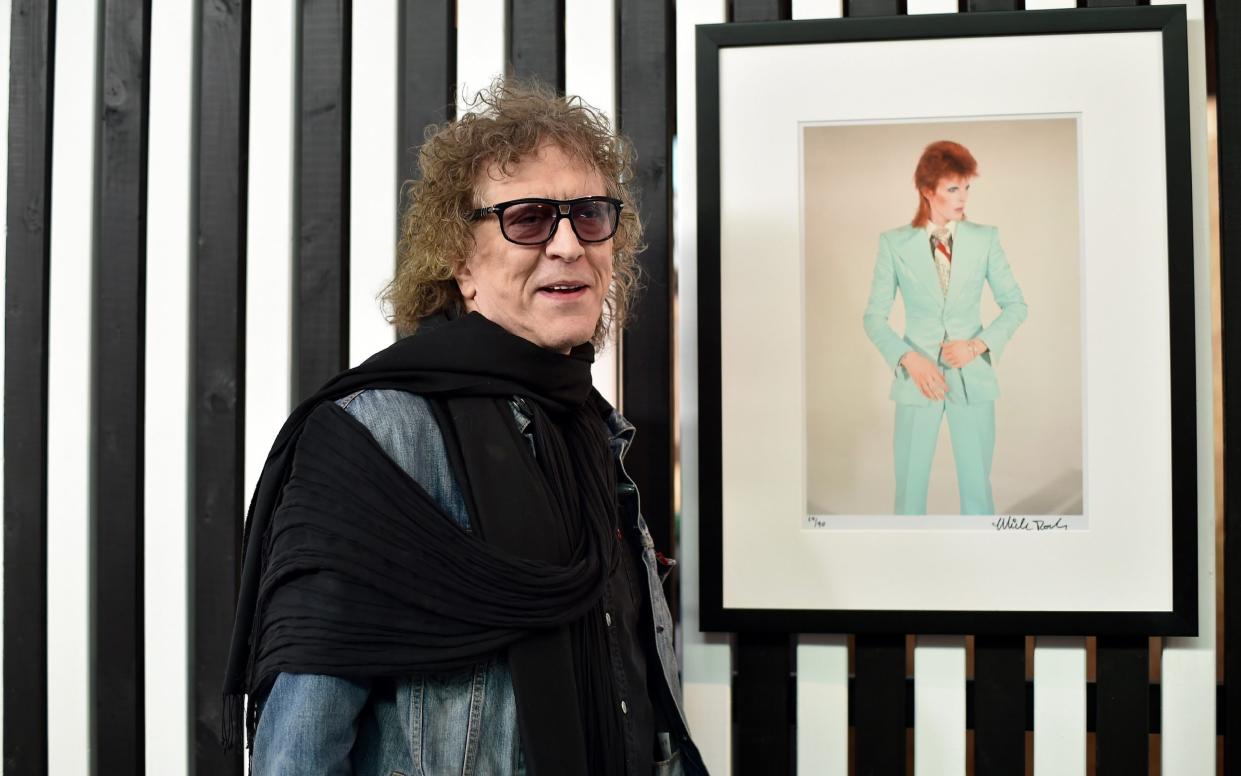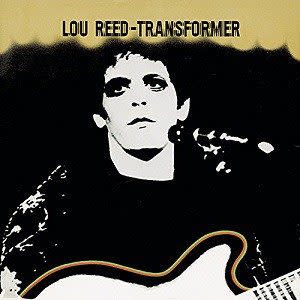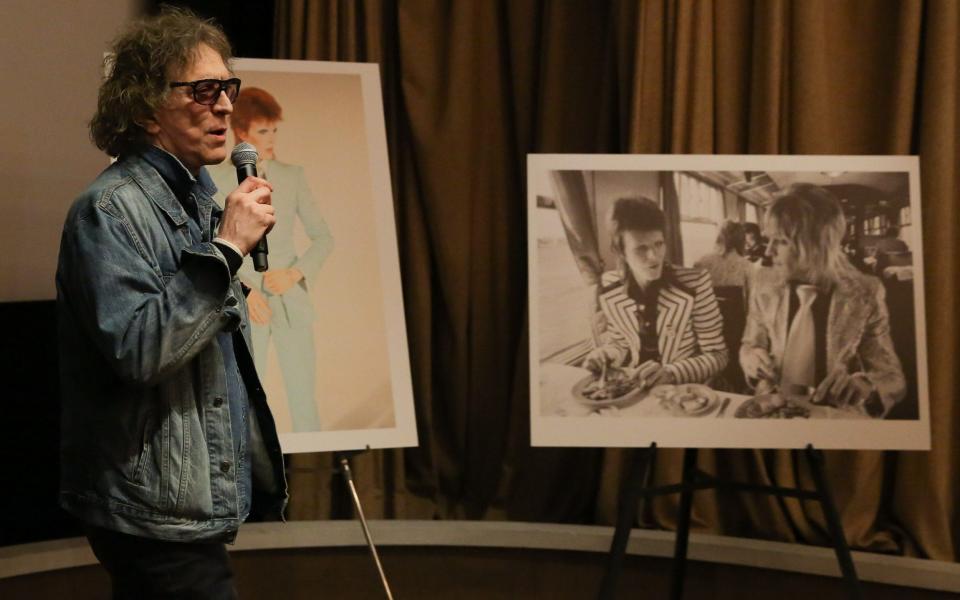Mick Rock, photographer celebrated for his images of David Bowie, Lou Reed and Iggy Pop who lived the rock’n’roll lifestyle to the full – obituary

Mick Rock, who has died aged 72, was the doyen of rock photographers; he was at one time official photographer to David Bowie and was known as “the man who shot the Seventies”. He would later confess that not only did he chronicle the rock’n’roll lifestyle, he lived it to the full as vigorously as any of his subjects.
He recorded in pictures Bowie’s Ziggy Stardust era and went on to direct videos for the singles Space Oddity, Life on Mars, Jean Genie and John, I’m Only Dancing. He also created artwork for such landmark albums as Lou Reed’s Transformer and Iggy and the Stooges’ Raw Power, and it was his image for the album Queen II that directly inspired the band’s celebrated Bohemian Rhapsody video.
His way of working was, he once said, “more of an intuitive thing rather than a heavily pre-designed thing ... I’m not necessarily looking for a literal reality, I’m looking for something that’s got a bit of magic to it.”

Michael David Rock was born in London on November 22 1948 to David and Joan. He had always claimed that his surname was actually “Rock”, but in an interview in 2017 he said that he was born Michael Edward Chester Smith after his mother had had an affair with an American airman.
He attended Emanuel School in Battersea, then went up to Gonville and Caius College, Cambridge, to study “modern languages, psychedelics and young ladies”. He was inspired to take up photography there when he was 19.
“I was at the home of a friend who had all the toys, including a great record player and camera,” he recalled. “Sitting around his room, tripping on blotter acid, I picked up the camera and began playing with it. Every time I clicked, there was an explosion and I saw a lady’s faces in a million iterations.”

He subsequently discovered that there was no film in the camera, but he had found his direction in life, and he bought an old Pentax: “It was a way of putting off getting a real job.”
He met a local musician, Syd Barrett of Pink Floyd (he later did the artwork for Barrett’s solo album The Madcap Laughs, his first LP cover). Moving down to London in 1970, he began photographing gigs and working his way into the business.
He was given a copy of David Bowie’s Hunky Dory album and, intrigued, tracked him down. They met when the singer was on the cusp of global fame, during the Ziggy Stardust tour, backstage at Birmingham Town Hall.
Later on the tour, at Oxford Town Hall, Rock took the famous shot of Bowie simulating fellatio with Mick Ronson’s guitar – which, he said, sent both of their careers stratospheric. “It was an image that really got around, especially when it got to America. For the first time people started to ask, ‘Who took this picture?’ ”

Bowie installed Rock as his court photographer and went on to introduce him to Lou Reed and Iggy Pop. He was soon friends with the likes of Andy Warhol – whom he once photographed dressed as Father Christmas standing next to Truman Capote – and Debbie Harry (“the most photogenic person I’ve ever shot”). Reed showed him round New York’s gay scene: “It was like Sodom and Gomorrah gone berserk,” Rock recalled. “London was naughty, but nothing like New York.”
When Reed toured the UK Rock was there to photograph him. One shot, of Reed peering out into the audience at the King’s Cross Cinema clutching his guitar, became the cover for his break-out solo album Transformer. The following night at the same venue Rock captured Iggy Pop shirtless and clinging to his microphone, a shot which became the cover of Raw Power.
Other stars he photographed included Bryan Ferry and Roxy Music, the Ramones, Carly Simon, Johnny Rotten and Madonna. He took a famous picture of the glam metal giants Mötley Crüe in a bubble bath, but did not care for the experience. “They were out of their f------ minds with cocaine,” he recalled. “They made me look like an amateur – and I was no amateur.”
His full-on lifestyle began to take its toll – he was, he admitted, a “compulsive experimenter” – and his career went into decline. Though the quality of his work never dropped, he became increasingly unreliable and, as he put it, “the phone stopped ringing.”
In the mid-1990s he had a quadruple heart bypass paid for by Andrew Loog Oldham and Allen Klein, two former Rolling Stones managers, and later had a kidney transplant. He gave up cigarettes and drugs, and what also helped to save him, he said, was yoga, massage and meditation – and the fact that although he had been a coke fiend he had steered clear of heroin and was not a drinker.
His fortunes rose again and he photographed Kate Moss and Pharrell Williams, and an album cover for Miley Cyrus, as well as Snoop Dogg, Lady Gaga and Rufus Wainwright. There were exhibitions of his work, and he wrote liner notes and contributed to Rolling Stone and other music papers.
In 2015 and 2016, he had a cable TV series, On the Record with Mick Rock, while a documentary about his life, Shot: The Psycho-Spiritual Mantra of Rock, was released in 2017. He recently said that he had been “offered millions” for his archive.
Mick Rock’s first marriage, to Sheila, a fellow photographer, ended in divorce. He is survived by his second wife Pati and by their daughter.
Mick Rock, born November 22 1948, died November 18 2021

 Yahoo News
Yahoo News 